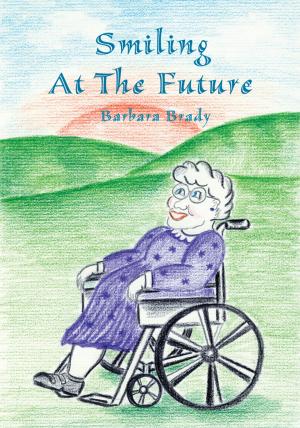| Author: | M. J. Hardman, Anita Taylor, Catherine Wright | ISBN: | 9781491701416 |
| Publisher: | iUniverse | Publication: | September 4, 2013 |
| Imprint: | iUniverse | Language: | English |
| Author: | M. J. Hardman, Anita Taylor, Catherine Wright |
| ISBN: | 9781491701416 |
| Publisher: | iUniverse |
| Publication: | September 4, 2013 |
| Imprint: | iUniverse |
| Language: | English |
All that is human is mediated through language. And because we learned the process of being human in a culture as we learned the language of that culture, much that we learned remains invisible to us. But even though invisible, it guides what and how we learn and remember, our perceptions, our behaviors, including communicative behaviors. Throughout our lives, that early language/culture learning affects us, all too often without our realizing. The discoveries about that early learning that this book makes possible enable readers to see through their language and learn to live productively and engage fully in mutually fulfilling relationships. This book talks back to the old adage, Sticks and stones can break my bones, but words can never hurt. We show how words do hurt, of course not by breaking bones, but by damaging self-confidence, reputations, livelihoods--or provoking people to the point of breaking bones--or worse. We focus on the roles of gender in language in effective or failed communication. We direct attention to invisible impacts of daily language use. When the invisible becomes visible, readers can see the many ways daily talk and interactions create and reinforce genders. We explore how language functions, its sources of power, and why it resists change even when negative impacts are clear. We explore how, in part through hidden gendering, English disadvantages many of its users and point to how the problems emerge in the ways gender functions in this supposedly non-gendered language. We describe how gendered language guides us to create and reinforce behaviors and relationships we do not intend. We conclude with suggestions of how to use English to reflect egalitarian values.
All that is human is mediated through language. And because we learned the process of being human in a culture as we learned the language of that culture, much that we learned remains invisible to us. But even though invisible, it guides what and how we learn and remember, our perceptions, our behaviors, including communicative behaviors. Throughout our lives, that early language/culture learning affects us, all too often without our realizing. The discoveries about that early learning that this book makes possible enable readers to see through their language and learn to live productively and engage fully in mutually fulfilling relationships. This book talks back to the old adage, Sticks and stones can break my bones, but words can never hurt. We show how words do hurt, of course not by breaking bones, but by damaging self-confidence, reputations, livelihoods--or provoking people to the point of breaking bones--or worse. We focus on the roles of gender in language in effective or failed communication. We direct attention to invisible impacts of daily language use. When the invisible becomes visible, readers can see the many ways daily talk and interactions create and reinforce genders. We explore how language functions, its sources of power, and why it resists change even when negative impacts are clear. We explore how, in part through hidden gendering, English disadvantages many of its users and point to how the problems emerge in the ways gender functions in this supposedly non-gendered language. We describe how gendered language guides us to create and reinforce behaviors and relationships we do not intend. We conclude with suggestions of how to use English to reflect egalitarian values.















